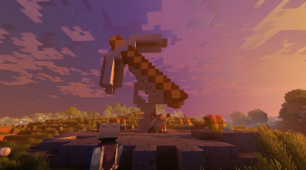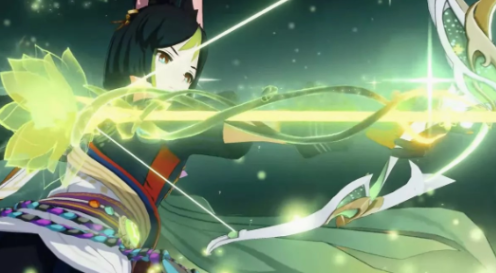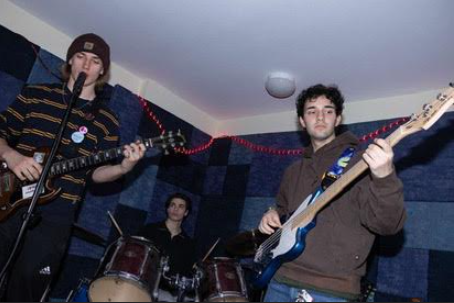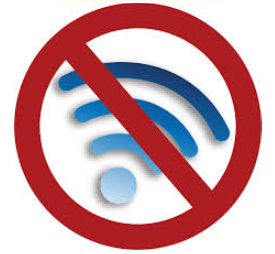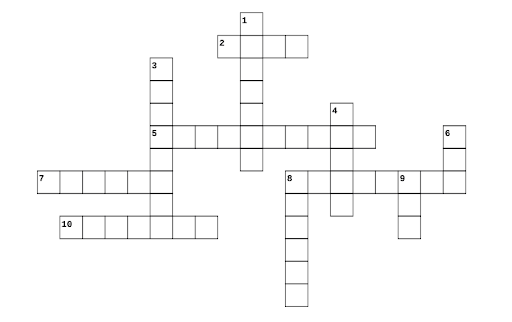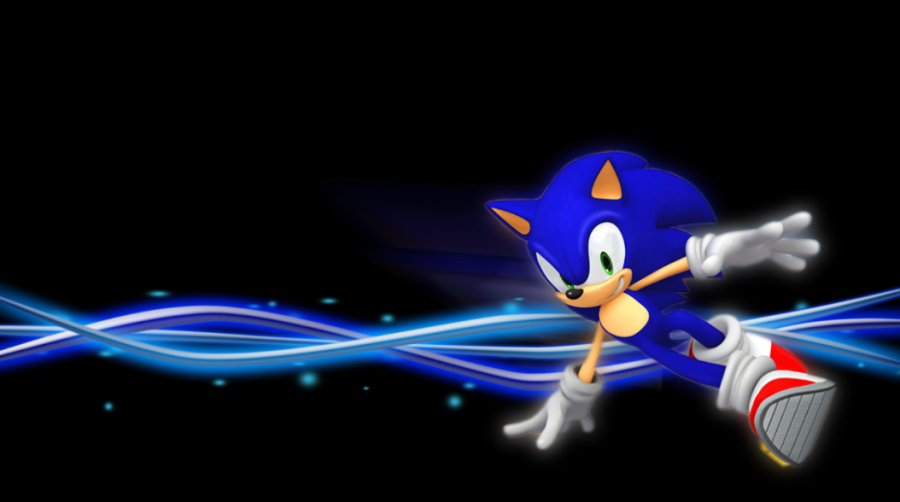Sonic Frontiers: A Brand New Frontier or More of the Same?
November 21, 2022
It’s been 3 years since we’ve had a brand new Sonic game, and even longer since we’ve had a mainline one. The last mainline sonic game was 2017’s Sonic Forces, which received an at best lukewarm reception from fans and reviewers alike. The last actual release of a sonic game, Sonic Team Racing, received similar feelings, although much less critical.
To outsiders, this may seem like a surprise, as last year marked Sonic’s thirtieth anniversary, and this year the sequel to 2020’s theatrical Sonic the Hedgehog came out to a very positive reception. But those who know Sonic and have played many games this hedgehog has starred in, know exactly why it’s been so long since a major release. For fans and critics, Sonic Forces marked one of the lowest points for the blue hedgehog in a while. To be fair, the game itself is fine, if anything it’s boringly average and fails at trying to take the blue blur into a more serious and grounded setting, but that is exactly where the fault falls. Sonic Forces, before release, seemed to mark a turning point for Sonic, finally a game that many fans wanted, a serious setting with the main focus on its story, but the game failed at that, it couldn’t live up to the hype. Something could be said about living up to the hype, how nobody will ever truly do that, but the fault with Sonic Forces is that it tries to appeal to everyone, fans young and old, but in doing that, it appeals to no one.
Speaking about Sonic Forces now may seem irrelevant to the topic at hand, but I wouldn’t have mentioned it if it didn’t have any value. Since Forces, many people have distanced themselves from Sonic, some see it as the point of no return. To outsiders, again, this may seem irrational, but with how turbulent the Sonic series has always been, it makes sense.
This also brings up the topic of new fans, those who got into the series after seeing both movies or just by chance of interest.
Right now is probably the most divided the Sonic fanbase has ever been. People are now bringing into question the ‘dark era of Sonic’ (Sonic the Hedgehog 2006, Shadow the Hedgehog, Sonic the Hedgehog 4, and other games may be grouped into this ‘era’, but the main ones are these) and how ‘bad’ those games truly are. Along with the new fans who are still learning about the series, and who don’t really understand the many downs and ups the series has gone through. There’s a major divide between everyone, especially with more things on the horizon, there have always been many ways to enter the series (comics and tv shows mostly), this has always been a norm, but more and more ways to enter the series have created many new fans, new fans who may not necessarily want to play a sonic game or ones who don’t really care for the core of the series. New fans aren’t always a bad thing, it brings in new creative people, sonic in particular has a massive fan game (a game made by a fan or group of fans usually in homage to the series) community. It also helps that we’re in the present, where bullying little kids trying to be creative online is more actively frowned upon.
The announcement of Sonic Frontiers left many in the dark. Initially having no gameplay shown, we were essentially given nothing but the title of the game. Later on, after gameplay was released, we learned that this game would be an open-world game, a trend in games made more popular after the release of Breath of the Wild and Mario Odyssey.
Some people have been on the fence about this decision, but others see it and welcome it with warm arms. Those who are more pessimistic towards the game see it as more of the same. With all the open-world games coming out in recent years, like Genshin impact or Elden Ring, many may see it as more fluff to an already bloated genre. In demos of the game at a few events (the game awards EGX and ESGS, just to name a few) before release, many complained about the combat system.
“I was mostly mashing one button to homing-attack enemies of all sizes, from tiny droids to a giant robot that I had to scale via boost rings. The homing attack feels oddly slow; there’s an ever-so-slight pause when Sonic strikes an enemy, emphasizing force over speed.” (Giovanni Colantonio, digital trends)
However, Giovanni does mention later in the article that he may only think this way because of the limited time given in the demo. Those on the more optimistic side see this game as a breath of fresh air. Sonic the Hedgehog has never been a series afraid to do something new, whether it be having six playable characters or giving Sonic a new form with completely different gameplay from usual. It’s why Sonic fans are divided, someone might see Sonic Adventure 2 as the perfect example of “a proper Sonic game” while other people disagree. Sonic isn’t a series that’s tied down to one specific concept: of course, the games will always mainly be focused on speed, but that doesn’t mean that they all have to be traditional platformers. One can only hope that Sonic Frontiers brings life back into the series, and that it can capture the interests of those who left after feeling the series went down the drain.

